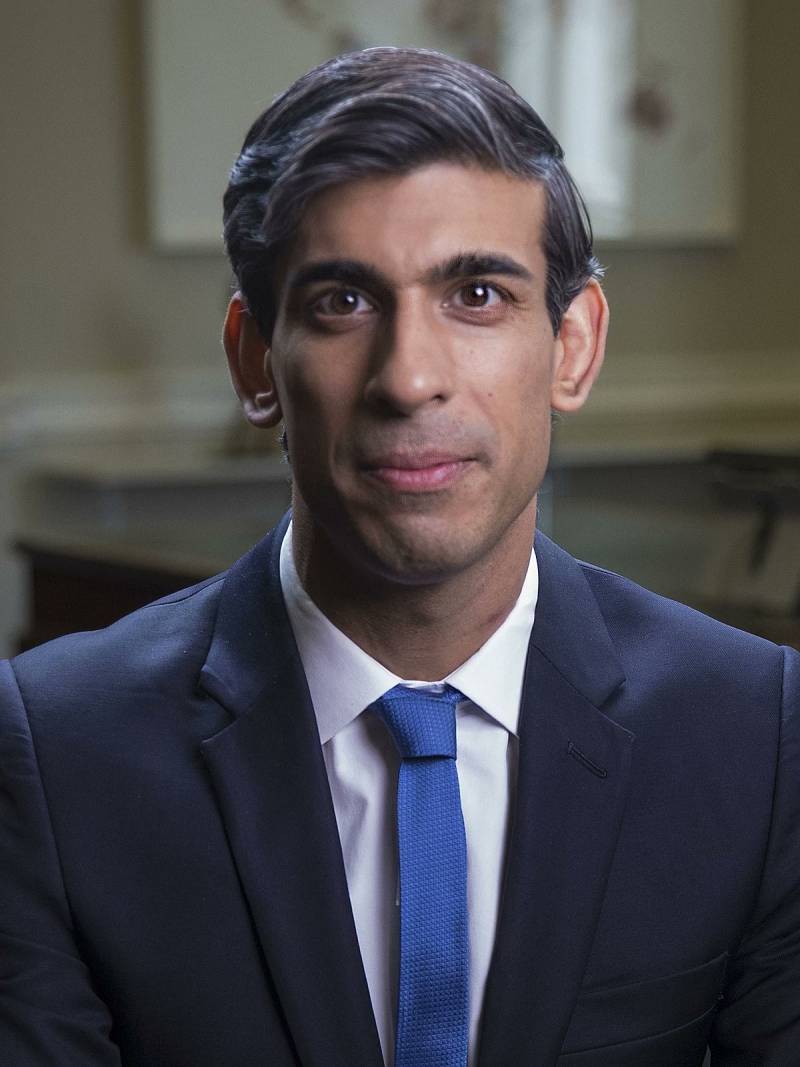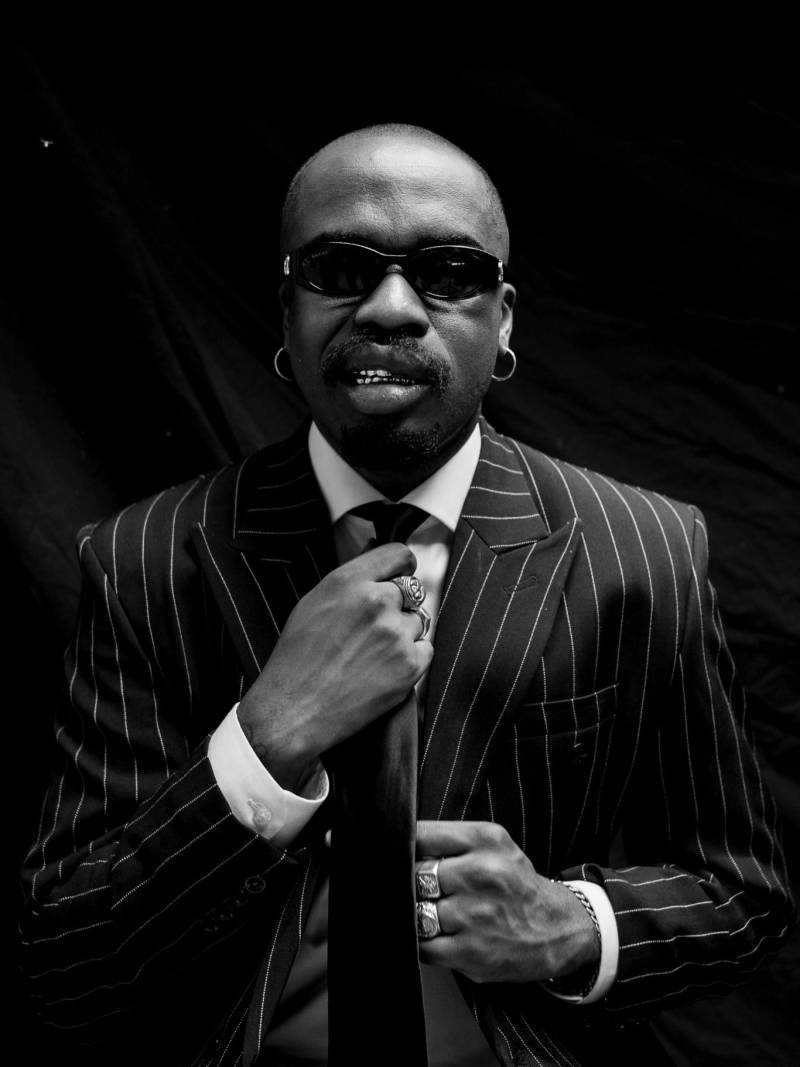Rishi Sunak is set to become the UK’s latest Prime Minister this week, replacing the country’s shortest-serving leader of all-time, Liz Truss. He will become the third person to lead the country in seven weeks, and the fifth since 2016. It means yet more turnover at the heart of government – Boris Johnson and Truss both frantically reshuffled their Cabinets as they fought to save their jobs, and Sunak will be expected to bring in his own team this week. But Sunak will face immediate calls for a general election from opposition parties, who will demand he seeks his own mandate in order to govern with any authority.

Sunak — who will be the country’s first leader of color — won the role of Conservative Party leader after his sole competitor, Penny Mordaunt, dropped out of the race moments before votes from members of parliament (MPs) were due to be announced Monday afternoon. It follows the withdrawal of former Prime Minister Boris Johnson from the leadership race Sunday.
Sunak does not automatically become prime minister on Monday, as ritual dictates that the outgoing prime minister, in this case Liz Truss, first has to tender their resignation to King Charles. The king will then appoint Sunak in the coming days. The 42-year-old takes over just seven weeks after placing second to Truss, who stepped down Thursday, bringing to a swift close her 44 days in office — the shortest tenure of any U.K. prime minister.The next general election is not due to take place until at least 2024, after the Conservatives won a landslide majority in the last one in 2019. Mr Sunak is under no obligation to call an early election under the UK's parliamentary political system. Labour's deputy leader Angela Rayner said Mr Sunak had been crowned prime minister
"without him saying a single word about how he would run the country and without anyone having the chance to vote".




